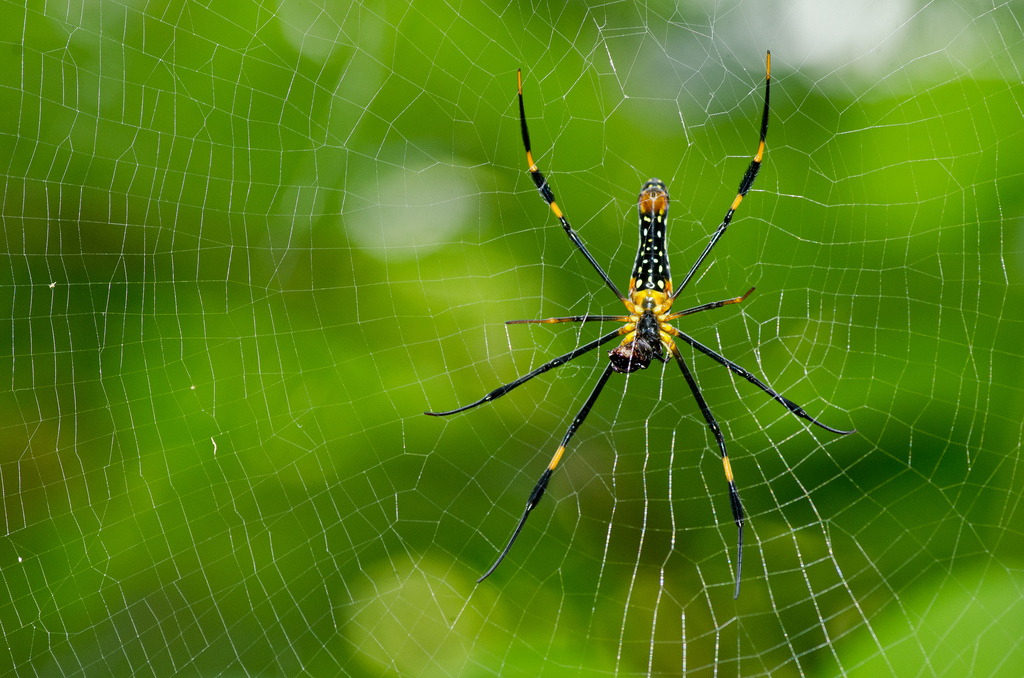Reads from Zefyr Lisowski, David Gessner, Susie Cagle, Brendan I. Koerner, and Athena Aktipis and Coltan Scrivner.
Scientific American
The Evolutionary Reasons We Are Drawn to Horror Movies and Haunted Houses
“Scary play lets people—and other animals—rehearse coping skills for disturbing challenges in the real world.”
What Is Narcissism?
“Researchers debate whether grandiosity always masks vulnerability.”
Leopards Are Living Among People. And That Could Save the Species.
“For leopards to survive, we must learn to live with them.”
The Forgotten History of the World’s First Trans Clinic
The Institute for Sexual Research in Berlin would be a century old if it hadn’t fallen victim to Nazi ideology.
The Search for Extraterrestrial Life as We Don’t Know It
“Scientists are abandoning conventional thinking to search for extraterrestrial creatures that bear little resemblance to Earthlings.”
The Top 5 Longreads of the Week
This week, we’re sharing stories from Diana Moskovitz, Kathryn Ivey, Katherine Laidlaw, Chris Colin, and Josh Dzieza.
How Tiny, Yet Über-Efficient Spider Brains Can Improve Computer Technology
Big brains offer no advantage in the animal kingdom.
If You Want to Be Productive, You Have to Rest
In a recent thought-provoking review of research on the default mode network, Mary Helen Immordino-Yang of the University of Southern California and her co-authors argue that when we are resting the brain is anything but idle and that, far from being purposeless or unproductive, downtime is in fact essential to mental processes that affirm our […]




